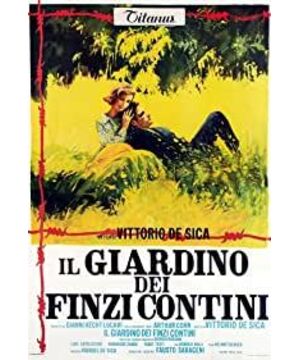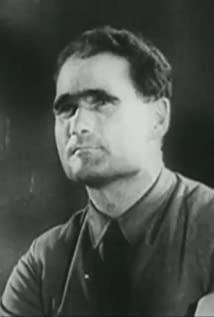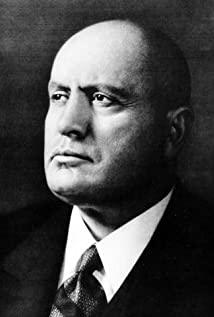Desica's "Feniz Garden" is adapted from the novel of the same name by the Italian Jewish novelist Giorgio Bassani. It tells the life of the Jews who lived in Ferrara, northern Italy on the eve of World War II.
For political reasons, the Jewish community at the time was rejected by the Italian mainstream, and they did not even have the right to join the Italian tennis club. The Feniz-Kantini family lived in seclusion in a remote manor on the outskirts of the city. A high wall showed the loneliness of the Jewish family. At the beginning of the film, a few students rode their bicycles to Feniz Manor to find the children of that family to play tennis.
Behind the high wall, there is a gentle and quiet scene like Eugene Blas's 19th-century pastoral scenery. The Feniz family has a pair of siblings, and Berg plays the younger brother Alberto.
In addition to having a crush on his male classmate Marnat, the young Alberto is not a typical "Beg role." He is frail, sickly, delicate and sensitive, sometimes innocent as a child, and sometimes full of thoughts. Alberto is like the manifestation of the Feniz Garden, dreamy and fragile, unable to survive in the post-war world. In the film, he did die before Italy began to focus on arresting Jews. When the good is gone, people will inevitably feel sad. Having seen Berg’s interpretation of Alberto in his illness, it is not difficult to understand why Visconti shed tears when watching the film’s premiere, and I am grateful to Desica for taking such a Berg—he couldn’t do it. Berg.
The main line of the film seems to be the tragic love between sister Mi Ke and childhood sweetheart Giorgio, but in fact, what connects the characters is not similar feelings, but ubiquitous political depression. Italy’s attitude towards Jews evolved from the initial rejection to the arrest at the end of the film and sent to the German Nazi concentration camp. Parallel to this process is the fading of the Fenitz Garden dream.
This is an anti-war film with a special temperament. When people want to condemn a crime, they can not only take the method of exaggerating the details of the crime or serious preaching, but also try to paint the fragile world that has not been broken before the crime occurs with soft brushstrokes.
View more about The Garden of the Finzi-Continis reviews











